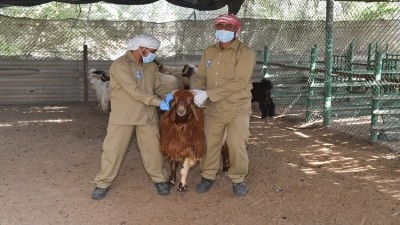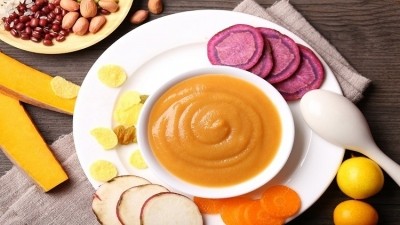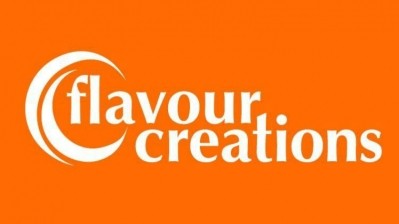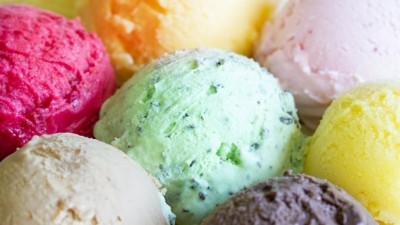No more chocolate, soft drinks, or fries: UAE bans nine 'unhealthy' foods in school canteens
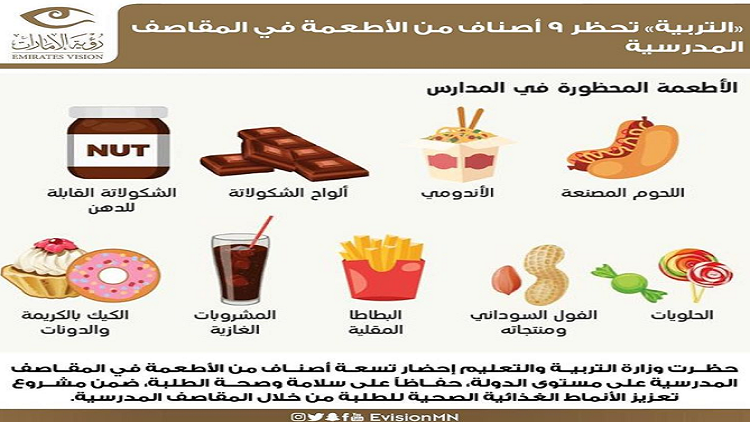
Students were also told to refrain from bringing those items to schools.
Aimed at helping students adopt a healthy diet, the policy will be administered across all seven emirates.
The banned items are as follows:
1) Hot dogs and processed meats
2) Instant noodles
3) Chocolate bars (with and without nuts)
4) Chocolate spreads
5) Sweets (including lollipops and jelly)
6) Peanut products
7) Potato and corn chips
8) Carbonated drinks, including energy drinks, flavoured water, juice, iced tea, slushies, and eskimo drinks
9) Cream cakes and doughnuts
Officials say the items are banned as they contain high levels of saturated fats, sodium, mono-sodium, sugar, and artificial flavours, as seen in the case of processed meats and cream cakes.
Products containing nuts are also banned to prevent cases of allergic reactions.
The ministry said that the measures were in line with the best international health practices. Adopting healthier diets will also prevent them from malnutrition and contracting chronic illnesses such as obesity.
A similar ban was introduced in Dubai’s school canteens since 2011.
According to information from the UAE government, obesity amongst children is “a cause of concern”.
In Abu Dhabi, 14% of the pupils were found to be overweight, while 15% were obese as of 2014.
Parents’ support needed
The ministry rallied parents to support the new initiative by encouraging them to eat healthily with their children.
The ministry also told parents to ensure that their children have had their breakfast before going for school.
This is to help students focus in their classes, improve their cognitive skills, and to prevent obesity and type 2 diabetes.
Children targeted
Besides the government, food and beverage companies are also working towards providing healthier options for the children.
Last year, the Advertising Business Group (ABG) signed a memorandum of understanding (MoU) with the GCC Food and Beverage Alliance to make “responsible marketing to children” an industry standard in the gulf region.
Under the arrangement, the ABG, which consists of nine food industry giants, have pledged not to target children who are 12 years old and below when marketing products that contain saturated fats, trans-fatty acids, and sugar.
The nine companies which have pledged to do so include Ferrero, General Mills, Kellogg Company, Mars, Mondelez MEA, Nestle Middle East, PepsiCo, The Coca-Cola Company, and Unilever.
